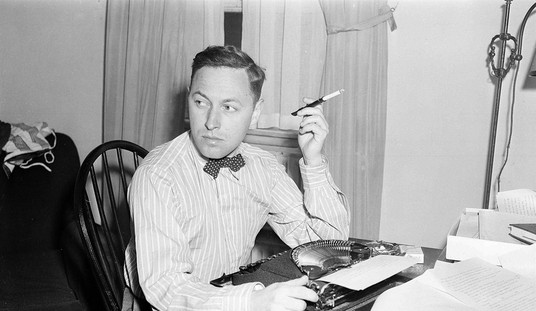The media is rarely apt to see the glass as half-full when it comes to the fruits of U.S. intervention.
Such has been the case with the cultural phenomenon Afghan Star — think American Idol hits Afghanistan, with, mercifully, no Celine Dion songs — and the media coverage peppered with “buts”: Afghans are putting their own spin on a Western singing competition, but clerics are ticked off. Afghans are voting for their favorites largely on tribal loyalties, but that’s somehow worse than Americans allying with their cultural or geographic Idol kin. A woman finished third in this, the third season, but in her hometown of Kandahar women still mostly wear burqas.
Isn’t the point that 11 million Afghans — a third of the country’s population and 90 percent of the TV-watching population — eagerly tune into Star each week, that 300,000 votes were text-messaged in for the recently aired finals, and that music is filling homes and hearts again despite clerical objections?
Being an American Idol junkie, I considered myself the perfect journalist to delve further into Afghan Star. So I watched all of the episodes put on YouTube by Tolo TV, the network that has raised so much of that clerical ire. The audition tapes were the best: As Idol begins each season by showing the good — and the very, very bad — performers from audition cities, Star also had audition shows from Kabul, Kandahar, Mazar-e-Sharif, and more; more than 2,000 hopefuls tried out for a chance to win $5,000 U.S. and a record deal. The audition shows opened with catchy music and fast-paced shots of the host city and its people — with production values equal to that of American TV, and some of the landscapes resembling Barstow.
The show has its own Ryan Seacrest — a hip medical student at Kabul University named Daoud Sedidi. The panel of judges is two men and a woman — Monesa Sherzad Hassan, a professor at Kabul University — who sits between the guys, just as Paula Abdul does, interjecting when she can’t take any more of the bad singers and praising the good ones.
And I became addicted. Sure, I had other things to do — like deadlines to meet. But into the wee hours of the morning I watched, rewatched, and watched again the sometimes hilarious, always entertaining, and — yes — very inspiring Afghan Star clips.
Somewhere, in a mountainous lair, a bunch of Taliban are sulking at the cultural sensation that eats away at lingering loyalties to their brand of conservatism. Some are also, likely, secretly singing along or voting.
The first thing you notice watching Star is the guys: most clean-shaven, many in Western clothing, all with the standard contestant number strapped on. And not all were young or nontraditional: one of my favorites was an old man at the Mazar-e-Sharif auditions, complete with turban, who looked like he’d just walked in from the fields and grabbed the mic.
The women cover their hair — but sometimes just barely. One girl in the Kabul auditions beamed from ear to ear as she clutched the microphone and just smiled through the wrong notes. A young woman from Herat who placed eighth overall, Setara Hussainzada, kicked off that city’s auditions with a hearty round of applause from the male contestants — and later, while competing, shook things up by adding some dance to her song. Contestants smiled, had fun, and encouraged each other.
Like American Idol, message board posters argue whether the vote was rigged to expel the most talented (i.e., their personal favorite) contestants. The winner, ethnic Tajik Rafi Naabzada, beat out Hameed Sakhizada, an ethnic Shiite Hazara, for the title Friday, inspiring a Tajik vs. Hazara debate as many considered Sakhizada to have the better voice. But many of the online comments struck a deeper chord, as well, for third-place Pashtun Lima Sahar. One wrote in youthful, less-than-perfect English:
Dear Lima, it’s good to see women like U participating in this kinds of competitions & activities, alongside gentlemen. Which is a huge pressure. However U r a good singer & entertainer so keep it up as much as U can and try to reach to the top three. One thing i want to mention to my people to support our women in our society so they can work & participate in the community & also everyone forget the past and focus on our future generation, get up everyone it’s the 21st century!
The situation in Afghanistan is far from perfect, but neither were the tone-deaf hopefuls who, despite their Star setback, gamely vowed to keep trying — which is half the battle, and the real news hook.
The first movie to come out of Afghanistan after the fall of the Taliban was Osama, a brilliant film by Siddiq Barmak that used everyday Afghans to tell the story of a girl who must pose as a boy in order for her family to survive under the brutal Taliban regime. Perhaps the transformation from then to now is the most striking thing about this show in which Afghans don a bit of glitz, follow their dreams, provide inspiration to their countrymen, and fill homes with the traditional music of their past — updated with, fittingly, a modern beat.
Bridget Johnson is a columnist at the Los Angeles Daily News.









Join the conversation as a VIP Member